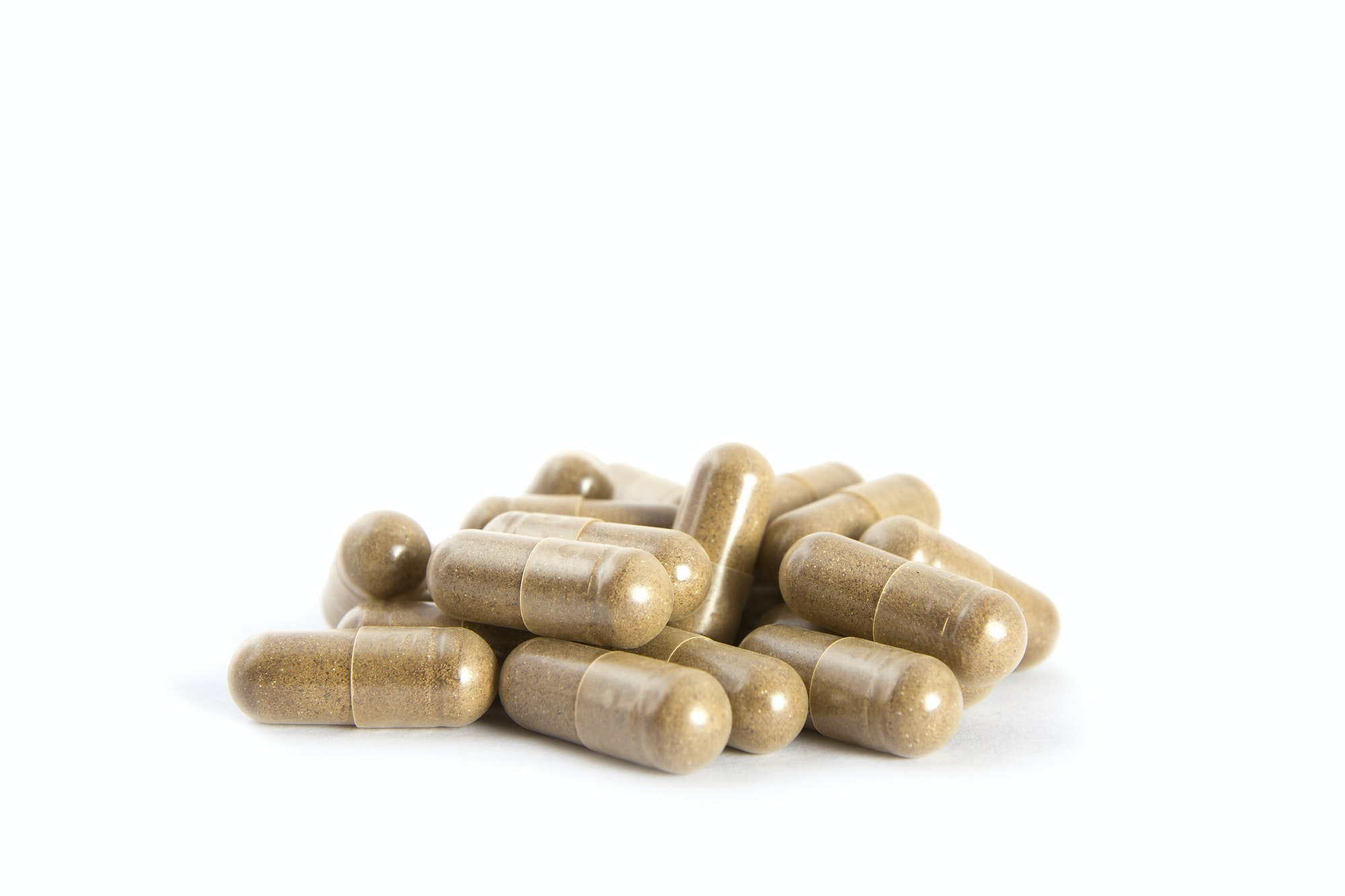We need a range of nutrients every day to keep us healthy, such as calcium and vitamin D to protect our bones, folic acid to produce and maintain new cells, and vitamin A to maintain a healthy immune system and vision. Manufacturers may add vitamins, minerals and other supplement ingredients to the foods you eat, especially breakfast cereals and drinks. As a result, you may get more of these ingredients than you think, and more may not be better. Taking more than you need costs more and can also increase the risk of side effects.
For example, too much vitamin A can cause headaches and liver damage, reduce bone strength and cause birth defects. Too much iron causes nausea and vomiting and can damage the liver and other organs. Dietary supplement labels may include certain types of health-related claims. Manufacturers may claim, for example, that a supplement promotes health or supports a bodily function (such as immunity or heart health).
These claims must be followed by the words “This statement has not been evaluated by the Food and Drug Administration. This product is not intended to diagnose, treat, cure or prevent any disease. For optimal health, it helps to choose foods that contain the most nutrients. Here are the 11 most nutrient-dense foods on the planet.
Food is the best way to get vitamins and minerals. But sometimes it can be difficult to eat enough fresh vegetables, fruits, whole grains and other healthy choices. A multivitamin can be a sure way to boost your nutrients. Can vitamin supplements really make you healthier? Some can be beneficial, but the key to success with vitamins and minerals is to eat a balanced diet.
Dietary supplements are any substance taken to improve health or well-being. This includes vitamins, minerals and herbs. The most common form is a pill or capsule. You can also get them in powders, drinks and foods.
These supplements are not intended to cure diseases or health conditions. An exception is if the US Food and Drug Administration (FDA) has approved your claim. (FDA) has approved their health claim. Some supplements that were found to be beneficial to health in observational studies turned out, with more rigorous testing, to be not only ineffective but also risky.
Before taking any supplement for disease prevention, it is important to know whether the potential benefits outweigh the risks. The safety of many supplements has not been well tested in pregnant women, nursing mothers or children. For many of the other popular supplements, such as vitamin D and omega-3 fatty acids, the results of randomised controlled trials should be available within the next five years, according to Dr. It is important to keep in mind that supplements must be taken in specific doses that vary from individual to individual.
If you already eat a balanced diet or take additional supplements, but your deficiencies do not improve, it may be a sign that there may be an underlying condition preventing your body from functioning properly. Also, be careful about giving supplements to a child unless recommended by your health care provider. For example, if you are doing your best to eat healthy foods but are still deficient in some areas, supplements may help. If you are not eating a nutritious variety of foods, supplements can be a way to protect your system and improve your health.
Please talk to your chiropractor or other health care provider for more information before you start taking a new supplement. We recommend that healthy people get adequate nutrients by eating a variety of foods in moderation, rather than taking supplements. Supplements can reduce the likelihood of chronic diseases such as cardiovascular disease, cancer and diabetes. However, supplements cannot replace the variety of foods that are important for a healthy diet.






